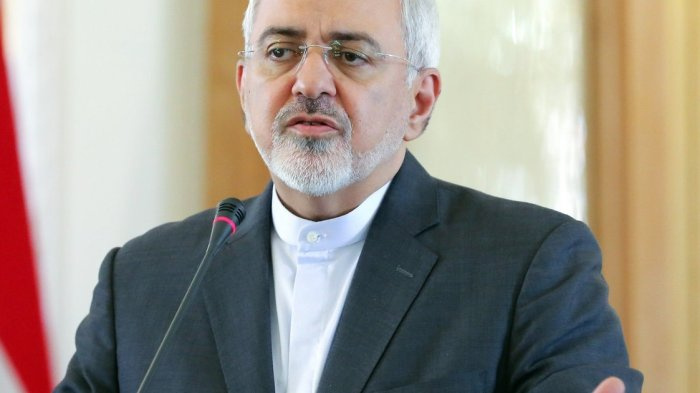Vienna Talks and Syria’s Future

In recent days, while Moscow has increased its attacks against terrorist groups and reinforced Bashar Assad's position, influential regional and extraregional countries have engaged in a new series of negotiations to solve the Syrian crisis, albeit in their own desirable manner. The latest round of efforts was the Vienna talks initiated by US Secretary of State John Kerry and attended by his Russian, Turkish and Saudi counterparts. The future of Bashar Assad and the composition of attendees in the future meetings were the main topics of discussion. There are several points to be considered about the Vienna talks:
First) the Vienna talks were an initiative of the US. Inviting Russia shows that the United States has accepted the new balance of power in Syria, and no more can influential countries such as Iran and Russia be sidelined regarding the Syrian crisis or be addressed in a threatening manner. Although tense relations between the Islamic Republic of Iran and the US, and the obstruction of some regional actors convinced Washington not to invite Iran for this meeting, inviting Russia, an advocate of Iran's engagement in the issue, shows that the US has moderated its stance against Bashar Assad supporters and acknowledged their crucial role.
Two) the composition of participating countries is also worth consideration. The US and its Western and Arab partners are trying to hold the upper hand in the Syrian crisis and implement their own model in Syria. Turkey and Saudi Arabia are both allies of the West and staunch opponents of Assad, and their conduct has led to the spread of terrorism and emergence of ISIS. The presence of these two countries beside the US and Russia shows that they intend to obtain more concessions from the US and play a more prominent role in the Syrian crisis. Meanwhile, despite sporadic compromises with Moscow, Washington has shown signs of intention to engage in negotiations from a strong position, and granting concessions to its allies while using the power of their majority to advance its goals in Syria.
Three) the outcomes of the Vienna meeting are also worth consideration. Despite a lack of tangible results, some interesting remarks were made. One was John Kerry's comments saying that the next round of negotiations would be more inclusive, adding that the next round of talks will be held in a week with the possible participation of Iran. The bilateral agreement between the US and Saudi Arabia to increase support for "moderate" rebels in Syria in parallel to finding a political solution to the crisis was also an important development.
These developments show that unlike what Western countries and their Arab allies claim, neither fighting against ISIS nor the welfare of the Syrian people or the return of security and stability are their concern. Thus, despite the invalidity of the good/bad terrorist dichotomy and the need for collective action against extremism and terrorism, we still see that the alliance between some Western and Arab countries insists on supporting anti-government terrorists in Syria and is negligent towards democratic procedures to solve the Syrian crisis. In such a situation, it seems that Russia can serve its own benefits by insistence on the need to acknowledge Iran's role in order to reinforce its position in Syria. This is how Russia can have a serious partner in fighting against terrorism by its side and stand against excessive demands of some Western and Arab countries. But we have to wait and see if Russia adopts this line in the following meeting.
* This piece was originally published in IRD Persian. Mohammad-Mahdi Mazaheri is a lecturer in Isfahan University.

